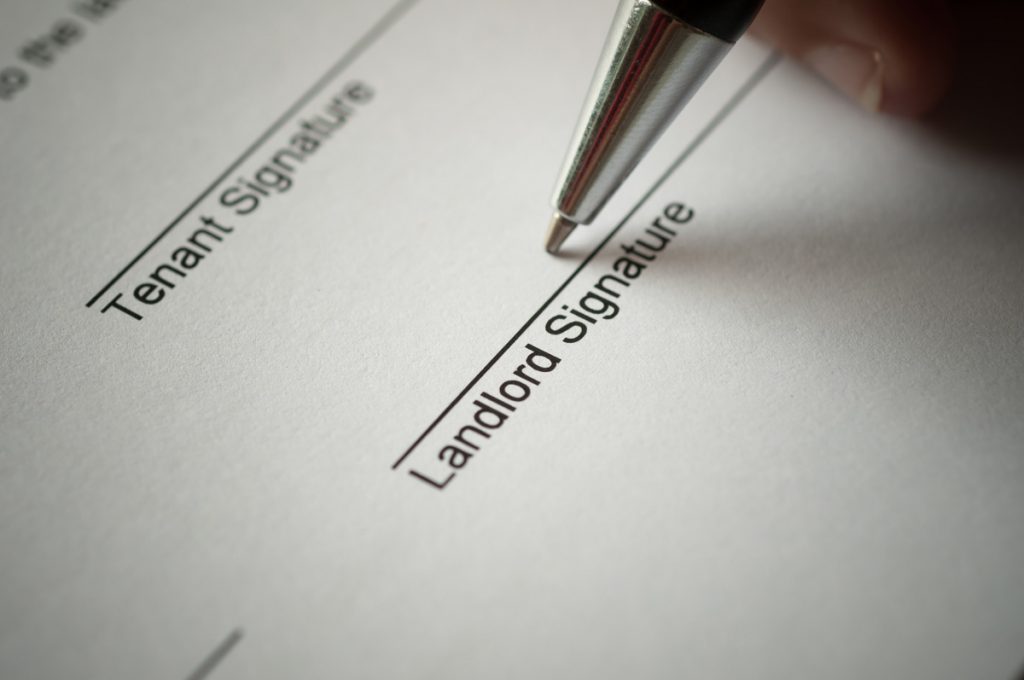Suing someone can be a painstaking process, but when worse comes to worst, you might be left with no choice but to push through with a lawsuit. When your landlord is breaking the law or violating the terms of your lease, you have the right to file a case against them, especially if you have already voiced your concerns and they have refused to address them within a reasonable timeframe.
If you find yourself in this kind of situation with your landlord, look for a civil litigation attorney that can handle your case. However, be sure that your reason for suing will fly in court. Here are the possible reasons you can file a lawsuit against your landlord:
1. Housing discrimination
If you feel that your landlord has committed violations against the Federal Fair Housing Act, you may have a case. First, you must file a complaint with the Department of Housing and Urban Development (HUD) who will then investigate your complaint to see if your landlord has committed housing discrimination.
Examples of housing discrimination include a landlord refusing to rent to a mentally challenged person, preventing disabled tenants from using a service dog, or advertising a rental space for a specific racial demographic only.
2. Illegal withholding of your security deposit
Each state has its own laws that dictate when a landlord is legally entitled to make deductions to your security deposit. If you have caused damage or have failed to meet your obligations as a tenant, they may have the right to keep part or all of your deposit. However, if your landlord is making deductions for reasons that are illegal (in terms of the local tenant law) or have not been discussed in advance, you may have a case against them.
For example, if your landlord is falsely accusing you of violating the terms of your lease or is making deductions for normal wear and tear, this could be considered as illegal withholding of your security deposit.
3. Failure to reimburse you for a repair

A landlord is responsible for making repairs that can affect a tenant’s health and safety, including broken locks, major flooding, or pest infestations. If your landlord fails to make these repairs within a reasonable amount of time or simply refused to do so, and you had to pay out of your own pocket, you can sue them if they also refuse to pay you back. You may also be eligible to receive compensation for additional damages.
4. The unit becomes uninhabitable
If the state of your apartment threatens your health and safety, it may be considered legally uninhabitable. In this case, your landlord is required by law to make necessary repairs and give you temporary housing until the unit is habitable again.
5. Failure to disclose lead and mold issues
All landlords are required to disclose any known, existing, or previous lead paint and/or mold hazards in the property. If you find that they have hidden this information from you, you likely have a case against them in a court of law.
Moreover, if you discover these risks in your apartment, it is best to vacate the property as soon as possible since mold and lead can cause long-term health issues. If you win the case, your landlord may also be required to pay you for temporary housing expenses that you were forced to make upon discovery of lead/mold hazards.
6. Injury due to your landlord’s negligence

If you sustain an injury on the property due to your landlord’s negligence (e.g. a light fixture falling on your head due to lack of maintenance), you may have a strong case against them. However, this depends on the circumstances, so it may be best to consult with a lawyer first before taking any legal action.
However, keep in mind that getting injured due to your own negligence is not grounds for a lawsuit, so you cannot sue your landlord for tripping over your own doormat.
7. Privacy violations
Landlords are only allowed to enter a tenant’s apartment for legal reasons, such as to make necessary repairs or to show the unit to prospective tenants. They must do so, however, with proper notice to the tenant. So, if your landlord barges in for no reason, you may sue them for violating your right to privacy.
There are a lot of other reasons you can file a lawsuit against your landlord, but these are some of the most common ones. If you feel that your landlord has violated your rights as a tenant, try to address the issue out of court first. But if they continue to ignore their responsibilities, it may be best to continue with your case.

